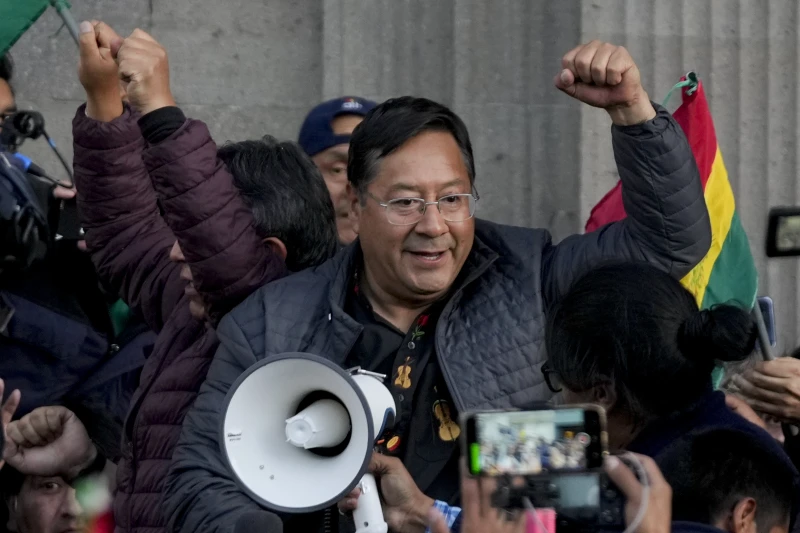Bolivia’s government announced on Thursday the arrest of 17 individuals linked to an attempted coup that shook the nation, targeting the administration of President Luis Arce amidst ongoing economic challenges.
The incident unfolded dramatically on Wednesday as military forces, led by Army General Juan José Zúñiga, appeared to turn against President Arce’s government. Armored vehicles seized control of La Paz’s main square, with a tank crashing into the presidential palace and tear gas dispersed on protesters. Zúñiga and former navy Vice Admiral Juan Arnez Salvador were swiftly arrested following the coup attempt.

Eduardo del Castillo, a senior Cabinet member, disclosed the arrest of 17 additional individuals, including civilian Aníbal Aguilar Gómez, whom he labeled as the “mastermind” behind the foiled coup. Despite the arrests, tensions remain high, with analysts speculating on the political implications for Arce, who faces a challenging economic landscape exacerbated by a deepening rivalry with former President Evo Morales.
Political analyst Paul Coca from La Paz commented on the economic hardships facing Bolivia, emphasizing that while the military’s actions may temporarily boost Arce’s image, they do not address fundamental economic issues such as currency instability and dwindling reserves.

Protests erupted outside the police station where Zúñiga was detained, reflecting a divided public opinion on the events. Amid accusations and counter-accusations, including Zúñiga’s claims of a presidential order to orchestrate the coup for political gain, Bolivia remains gripped by uncertainty over its democratic stability.
President Arce, addressing supporters in Plaza Murillo, expressed resolve against coup attempts and affirmed his commitment to democratic governance. The situation underscores Bolivia’s fragile political climate, shaped by historical tensions and ongoing power struggles.

International reactions, including condemnation from U.S. Deputy Secretary of State Rich Verma, highlight concerns over democratic processes in the region. The fallout from this thwarted coup attempt could have lasting repercussions on Bolivia’s political landscape as it navigates future elections and economic recovery efforts.
The developments mark a turbulent chapter in Bolivia’s recent history, characterized by frequent political upheavals and competing visions for the country’s future amidst economic uncertainties and social unrest.
Associated Press



